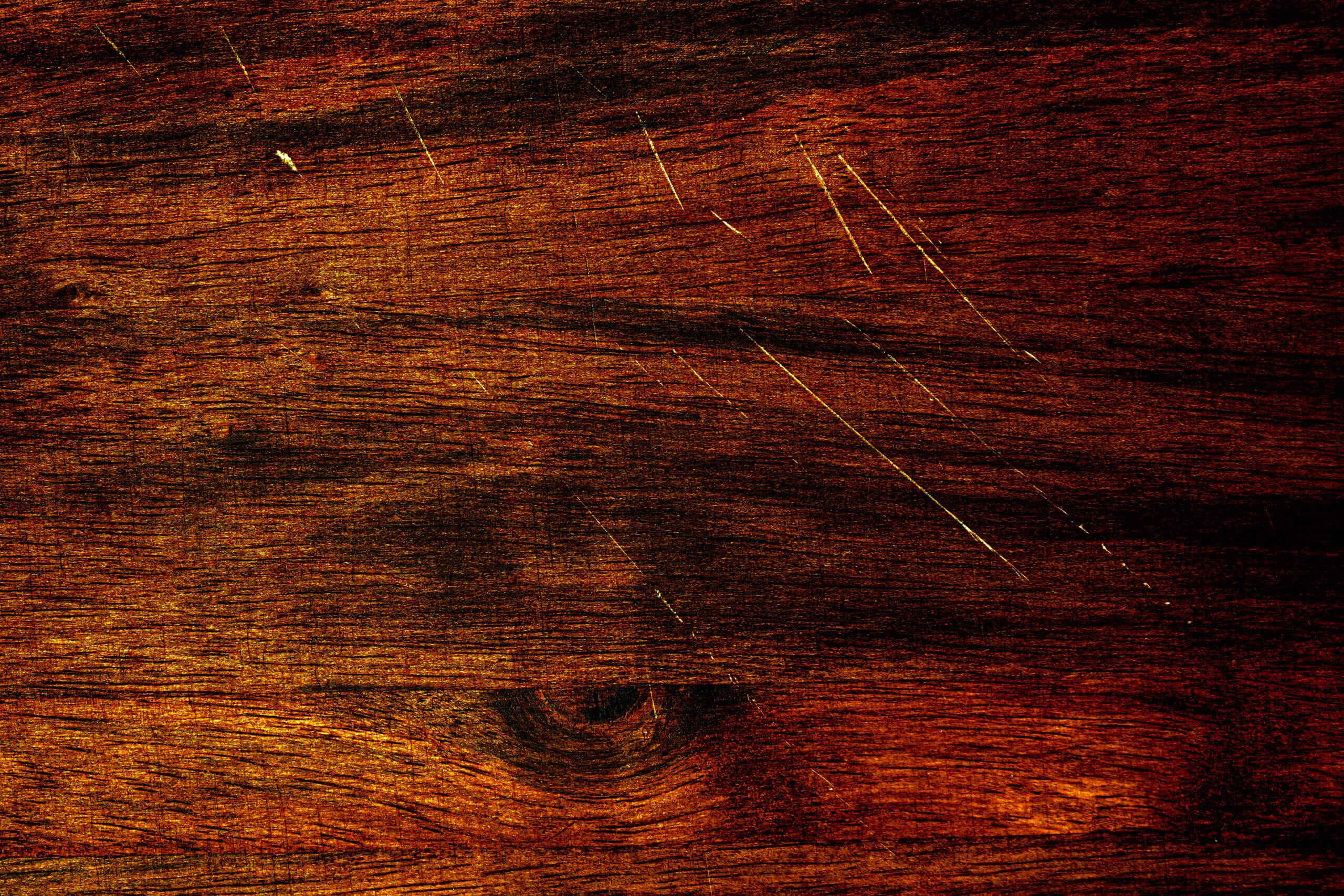Latest News
Hardwood flooring has a long lifespan when properly maintained. Depending on the materials, installation and wear and tear, they can last anywhere from 10 – 100 years. Our flooring team at Kemp’s Dalton West Flooring compiled a list of the most common signs that your hardwood flooring may need to be replaced. We can guide you through the process of finding your next floor when that time comes.
Most Common Signs
- Moving or Creaking Sounds—Does your house sound like something out of a horror movie when you walk around? Over time, wood planks can start to rub against each other or the subfloor, making creaky sounds. The wood planks could be creaking just because of age, but the creaking can also indicate a structural problem. Moving boards can happen when your floor has been damaged by water or your foundation is cracked. If you see any swelling or dipping in your floors, you likely have serious structural problems.
- Significant Scratches or Surface Damage—Life can be rough on your floors. If you have pets or children in your home, this can be even more true. A few small scratches happen and will likely add to the character of your floor. If the scratches are unattractive, deep, or stretch across a large portion of your floor, you may need to consider a replacement. Deep scratches that cut past the finish of your floor could open your floor up to water damage if a spill occurs. Some damage may be resolved with refinishing and staining, but this only works for surface-level wear and tear.
- Popped Up Nails—Discovering a nail head with your barefoot is very painful. If you see one or two popped up in your home, those nails are probably not a big deal. When nails pop up across long stretches of your floor, you should consider if a replacement would be wise.
- Water Damage—Water damage is the top fear of homeowners with hardwood flooring. Engineered varieties of hardwood are more resistant to water, but all varieties of hardwood can be susceptible to water damage, warping, staining, etc. Sealing or staining your hardwood flooring properly should protect your floors from everyday spills, but plumbing issues, flooding, roof leaks, or other major water issues could cause serious damage. Since water damage can cause your hardwood planks to warp and separate, refinishing your damaged floors will not work.
- Lots of Refinishing—The ability to refinish instead of replace is one of the appealing benefits of hardwood flooring. The process starts by sanding down the hardwood planks and then applying a new layer of sealant or stain. Your floors will look new as the process resolves minimal surface damage and discoloration. Refinishing is also a great option when you are changing decor and need a different wood flooring shade. Your wood planks are only so thick, so there is a limit on how many times you can refinish them before replacement is necessary. If your floor has been refinished many times, the floorboards may be too thin, and you may need to explore new hardwood flooring.
If your hardwood floors have seen better days, reach out to Kemp’s Dalton West Flooring. We have a large variety of hardwood options in our showrooms. You can feel the woodgrain and see the finish options for yourself. Regardless of the type of hardwood you choose, we can ensure a proper installation to maximize your investment.
